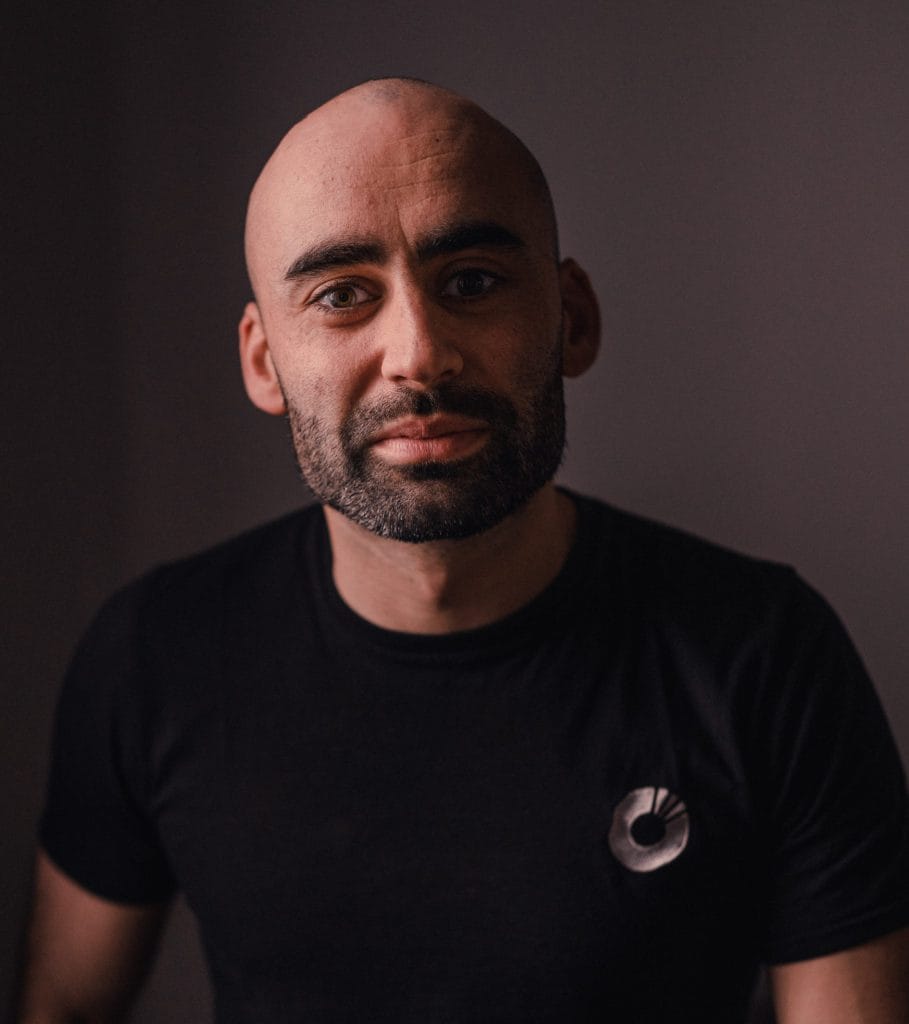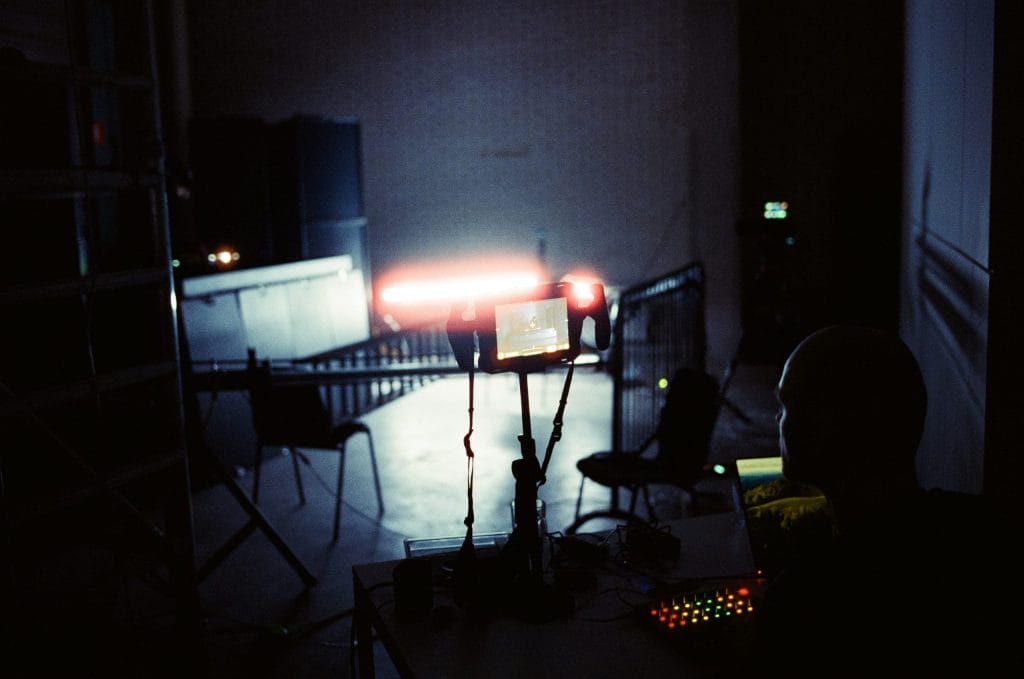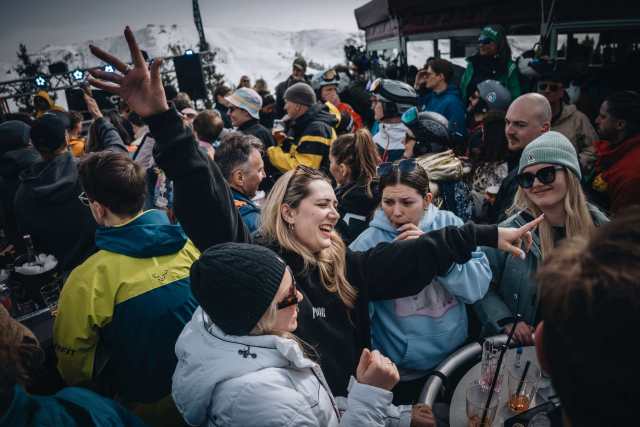Kitzbühel’s Sound | Escape isn’t chasing headlines — it’s building something slower and more grounded. From March 28 to 30, 2025, the free festival returns with a clear ethos: no wristbands, no VIP zones, no inflated ticket tiers — just a deep alignment between people, music, and place.
Set across Kitzbühel’s historic old town and its surrounding mountains, the event brings some of electronic music’s most respected names into one of Europe’s most dramatic natural settings.
Sven Väth tops the bill — a deliberate choice that nods to dance music’s roots and longevity. He’s joined by Matthias Tanzmann, Tube & Berger, Tom Novy, Kilimanjaro, Wolfram, and Aloys himself, alongside new names and a rare spotlight on Austria’s still-niche drum & bass scene.
But Sound | Escape isn’t just another rural festival with big bookings. It’s part of a broader mission to reposition Austria on the electronic music map — shifting the narrative away from classical tradition and towards a contemporary, club-rooted culture with its own spaces, sounds, and legitimacy.
In this interview, founder Marvin Aloys unpacks the thinking behind it all: from scrapping ticket prices to resisting the social media-driven DJ economy, and why state funding and tourism partnerships have allowed the festival to remain accessible without compromising its musical identity.
Sound | Escape is a free festival in a time when live music is increasingly expensive. What made you decide to remove the paywall entirely?
Well, honestly, it was a move initiated by Kitzbühel Tourism. They wanted to create something for everyone. You know, especially during winter, everything gets super expensive — holidays, accommodations, the whole package. So for the end of the season, they really wanted an event that’s open and accessible, where the local community can actually take part. That’s the key thing here — that all locals can be part of it, without needing to be rich or exclusive. Because yeah, pricing is a huge issue, not just in music but also in winter sports. So that was really the core idea.

You’ve spoken about wanting to reposition Austria on the electronic music map. What do you think has held the scene back, and how does Sound | Escape challenge that?
Austria is a pretty conservative cultural landscape, and unlike places like UK or Holland, our communities aren’t always super connected. That’s why events like this are so important — they help bring people together. Most of the scene is centered around Vienna, and outside of that, it’s quite rural, so it’s hard to find those cultural or communal touchpoints. That’s exactly why we need events like this. Personally, I’ve always dreamed of creating a kind of dance music convention in the Alps, like an ADE or IMS version here. Still on the vision board, by the way. But yeah, the scene needs stronger networks — it was bigger and more united back in the ’90s, with acts like Kruder & Dorfmeister and so on.
Another thing that really has to shift is the political recognition of electronic music. Classical music gets tons of state funding — and rightfully so — but it’s great that now electronic music is starting to get some support too. This event, for instance, is government funded, and that’s a really important step forward. You need political will behind a scene for it to grow and be treated as real culture.
Sven Väth is at the heart of this year’s lineup. What does his presence represent for the festival and its wider cultural goals?
Sven is a true cultural icon. He’s one of those rare artists who speaks to both the younger generation and the old-school crowd. In a world full of TikTok trends and social media hype, he’s a real artist — a real DJ. And that’s what we wanted to present: pure, honest electronic music. Not just another content-driven, social-media-heavy event. Having Sven on board was a huge deal for us. We actually wanted him already for the first edition, so getting him for this second one feels really special. He’s just a unique, timeless figure in the scene.

The alpine and historic settings are central to the experience. How do you approach programming music for such dramatically different environments?
Yeah, the historic setting is absolutely unique. But to really make it work, you’ve got to book real, talented DJs. You’ve got to stay away from the social media hype acts — the kind of DJs who are more about online presence than actual skill. Because at the end of the day, it takes a proper DJ to read a room, or in this case, read a setting. That’s crucial here. When the sun goes down, you need that one magical track — not something pre-planned in a bedroom studio, but something that comes from experience and instinct.
That’s why we focus on booking people who’ve been in the game for a while, who know how to craft those moments. At the same time, we also want to give real, emerging artists a platform — but only those who take the music seriously. We’re not into hype acts; we’re into artists who know what they’re doing, who can connect music with nature in a way that feels authentic.
Drum & bass is still a niche in Austria—why did you choose to include it in this year’s lineup?
Drum & Bass is a niche, sure, but it’s bigger than people might think — especially in Vienna. I mean, Camo & Krooked are huge, super respected artists. It’s not quite on the UK level, obviously, but it’s definitely growing over here.
And I’ve always been a big fan of Drum & Bass personally. It’s having a bit of a moment again, and we just really wanted to reflect that. So yeah, we made sure to carve out a stage for that crowd too — even if it’s a smaller one. It’s important to us that the festival feels broad.
Sound | Escape resists the typical VIP culture and exclusivity of many festivals. Was that a conscious response to where electronic music is heading?
Yeah, it’s wild. You see all these events popping up in tourist hotspots — like the ones at the Pyramids or those ultra-VIP setups in Dubai — and it’s just getting out of hand. Even Ibiza these days isn’t just expensive… like, you’d need to invent a new word for how expensive it is! So yeah, this festival is kind of a statement. A sign of where we don’t want to go.
Sure, there are still plenty of ways to spend money around the village if you want to — that’s fine — but the event itself needs to stay inclusive and open to everyone. Because in Austria too, especially in winter, there are tons of events that are totally VIP-only and way out of reach for most people. Ending the season with something that’s for everyone just feels right. That’s where cultural music comes from — from the people, from community. And let’s be honest, it’s the young people who are driving the energy, the atmosphere, the vibe. You need them. They’re essential.

How do you balance ambition with sustainability for a festival like this?
We actually have solid support. Red Bull, for example, is one of our main partners. On top of that, the event is state-funded, which makes a huge difference. It’s a completely different financial setup than you’d see in other countries. And that’s also why it’s free — we’ve found a way to make it work within this unique Austrian structure.
Looking beyond this edition, how do you see Sound | Escape evolving in the next few years—and what role do you want it to play in the wider European scene?
We want to grow. Bigger and better, every year. The goal is to create one of the most amazing festivals in Austria — maybe even the entire Alpine region. The setting is there. I mean, the village is one of the most glamorous in the world. The people are supportive. The partners are strong — Red Bull included. Everything is in place.
And this is just the second edition. It still feels like the beginning, but the vision is already clear: we want to build something iconic. Not just for now, but for years to come.
For more info, head to https://www.kitzbuehel.com/en/events/sound-escape/
The post How Sound Escape is shaping to rewrite the festival rulebook appeared first on Magnetic Magazine.






